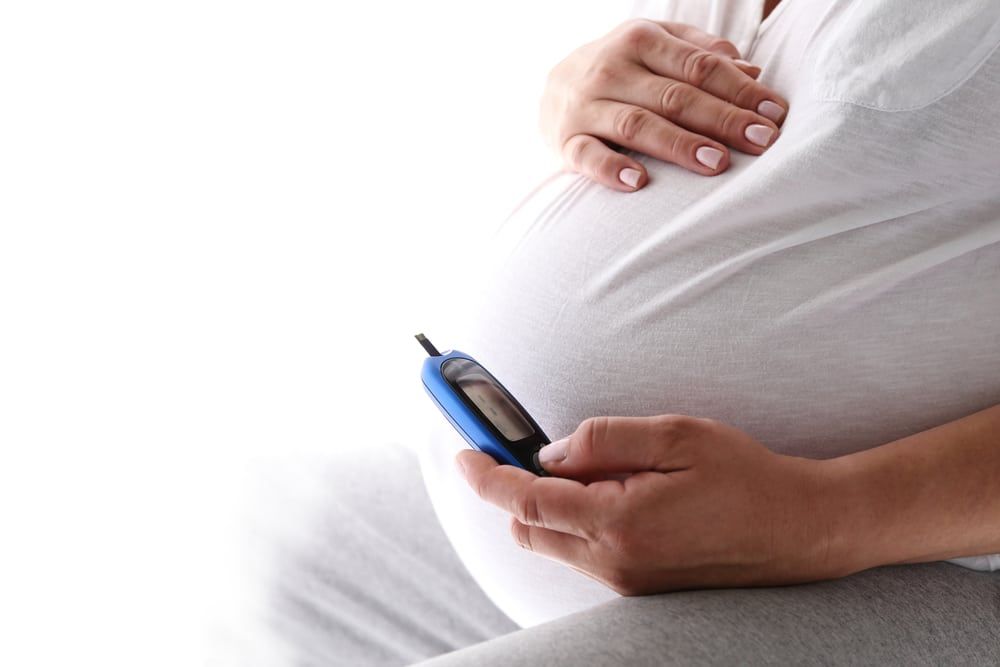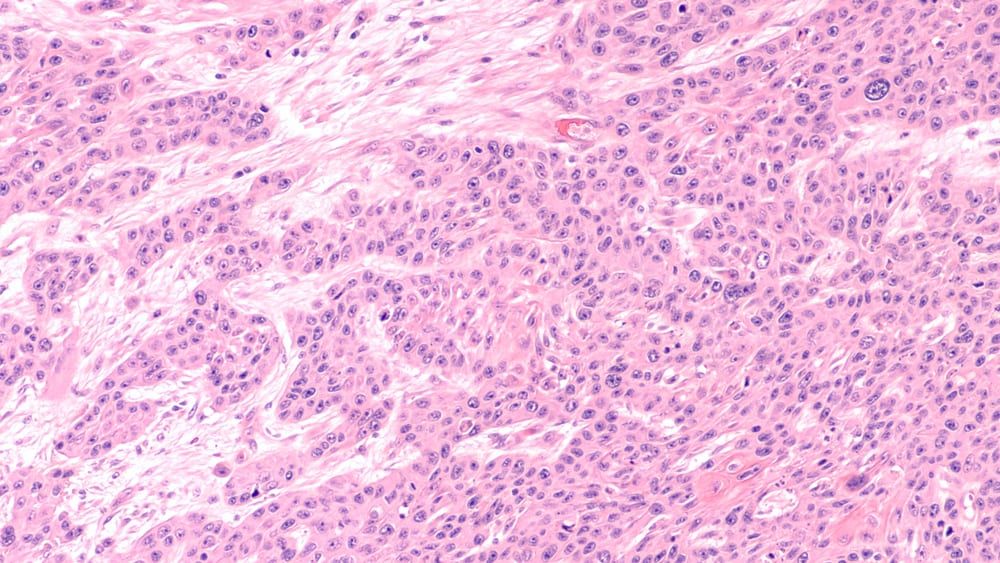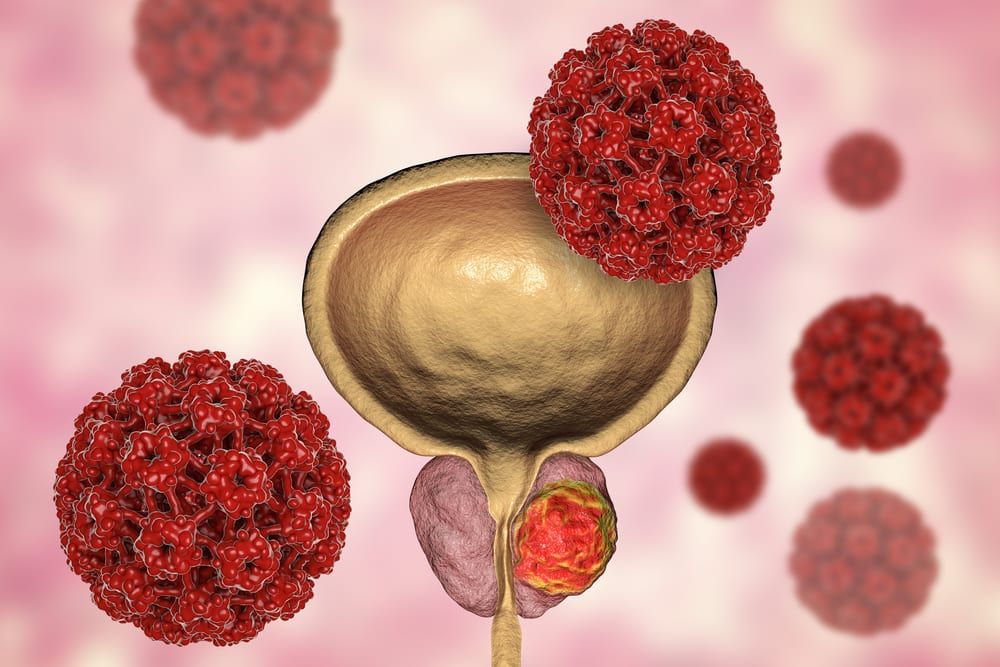Gestational diabetes is diabetes that occurs and is diagnosed during pregnancy. The disease can be caused by a number of factors, including genetics and lifestyle habits. A woman with gestational diabetes does not produce enough of her own insulin during pregnancy, causing erratic blood sugar levels. Gestational diabetes puts newborns at risk for respiratory complications, and it can also cause babies to be born at high birth weights.
Did you know…
that gestational diabetes was once believed to only affect 1 in 20 pregnancies? Unfortunately, as many as 1 in 5 pregnancies today result in gestational diabetes. Women who have had gestational diabetes in prior pregnancies have a 6 in 10 chance of developing the disease again. They also have a 1 in 2 chance of developing Type 2 diabetes within a decade of being diagnosed with gestational diabetes.
Frequently Asked Questions
Could I have gestational diabetes?
Anyone is at risk for developing gestational diabetes, and screening at approximately 20 weeks gestation is standard for prenatal care. However, you are at an increased risk for gestational diabetes if you are overweight, have a family history of diabetes, have high blood pressure, or are over age 25.
If I have gestational diabetes, how will it affect my pregnancy?
You can most likely manage gestational diabetes with dietary modifications. However, your obstetrician may also recommend glucose testing and insulin injections for the duration of your pregnancy.
Is there anything I can do to reduce my risk of getting gestational diabetes?
Yes. Although there is no way to ensure you will not get gestational diabetes, you may be able to lower your risk of developing the disease by maintaining a healthy weight prior to and during pregnancy. Eat a diet low in sugar and exercise moderately before and throughout your pregnancy according to your obstetrician’s recommendations.











































































































































































































































































































